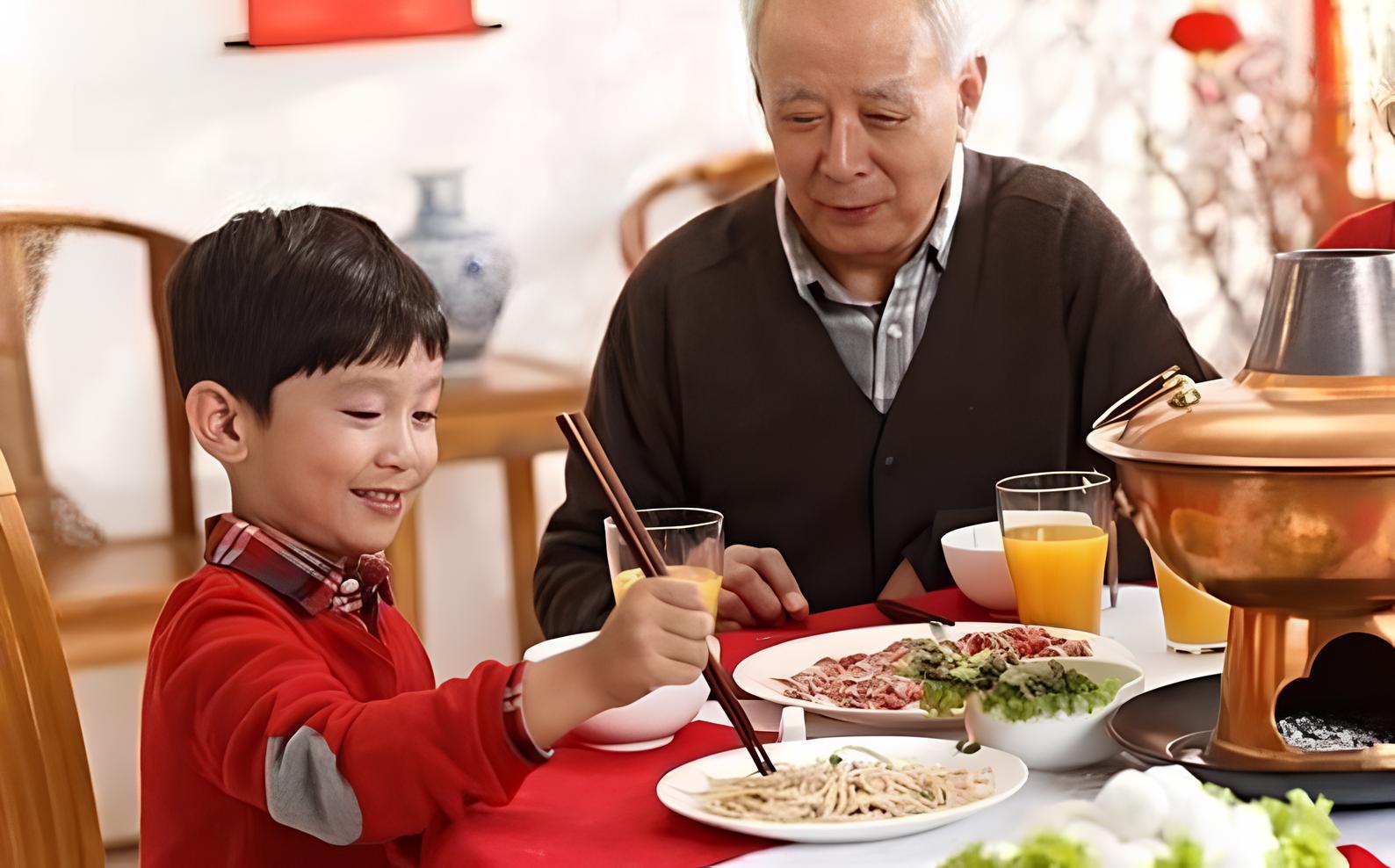Professor Li Meijin, a youth psychology expert in China, believes that knowledge without etiquette doesn't equate to being "cultured." Someone lacking manners often doesn't receive respect or affection from others.
Teaching children proper table manners helps them become better communicators and develop appropriate social skills. Proper behavior at the dinner table not only makes meals more enjoyable but also helps children form habits of following rules, communicating effectively, and developing emotional intelligence. These skills become advantageous as they grow and enter society.
According to the expert, a child's actions at the table directly reflect their family's approach to education. If a child behaves rudely, others at the table may assume the parents haven't provided adequate guidance, leading to negative judgments.
 |
Illustration: Sina |
Illustration: Sina
Professor Li Meijin points out several inappropriate behaviors children might exhibit while eating.
Preferring to eat alone: When parents allow their children to choose their favorite dishes and eat separately, they may develop a habit of prioritizing their needs. Later, they might be perceived as selfish.
Making smacking sounds while eating: The sounds produced while chewing can be unpleasant for many. If parents downplay this behavior or exhibit it themselves, children will likely imitate them, forming a hard-to-break habit.
Taking food first: Many parents, out of love, serve their children first, inadvertently causing them to forget the "adults first" rule. This can be seen as disrespectful in social settings.
Being a picky eater: Children who only choose their favorite dishes and ignore others might get away with it at home. However, this behavior can create a negative impression when dining with others.
Parents should teach their children table manners from a young age. It's harder to change these habits later in life.
Parents shouldn't be overly strict but should combine explanations and rewards to help their children understand the importance of polite behavior. A school survey in China revealed that over 60% of children learn table manners from their families.
Before children enter school or society, parents are their primary role models. Parents' behavior at the dinner table directly influences their children's habits.
"If parents behave appropriately, children will naturally develop polite habits," the expert stated.
Nhat Minh (According to Sina)












